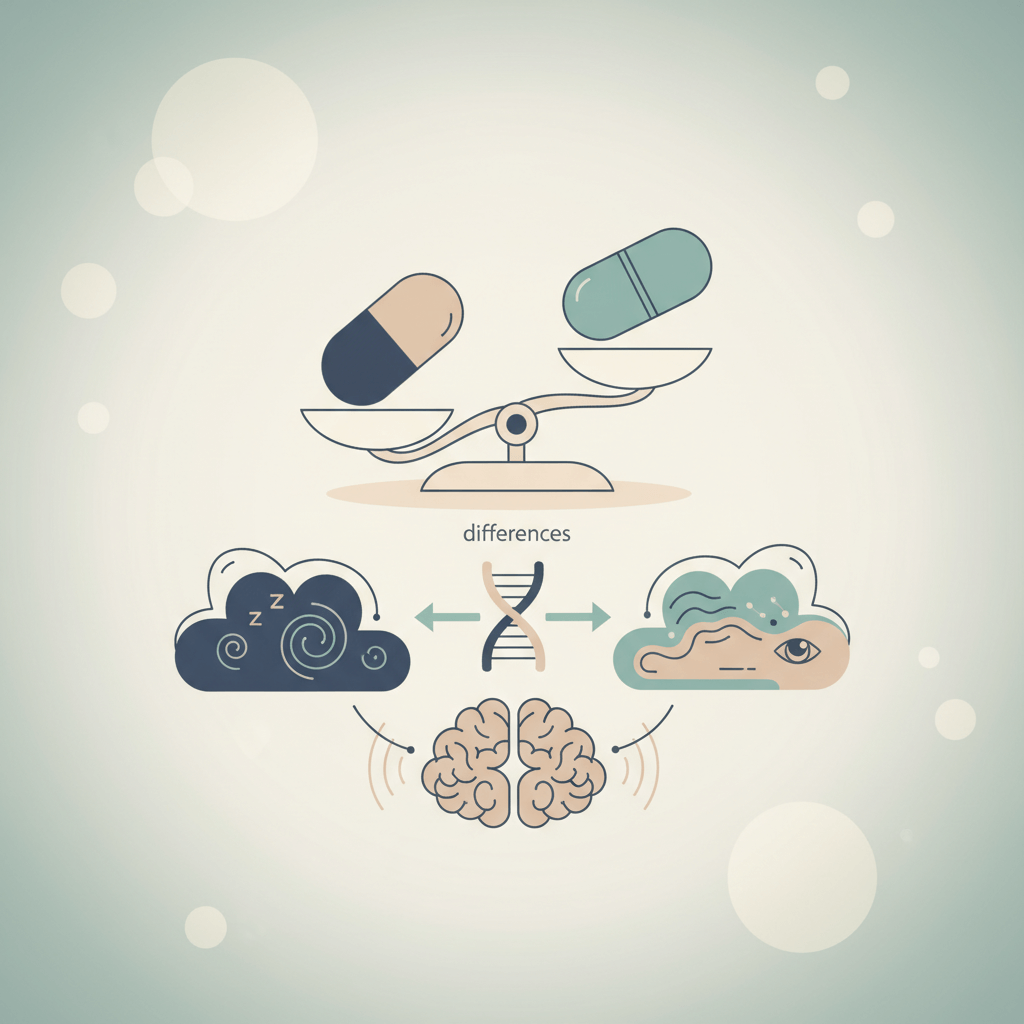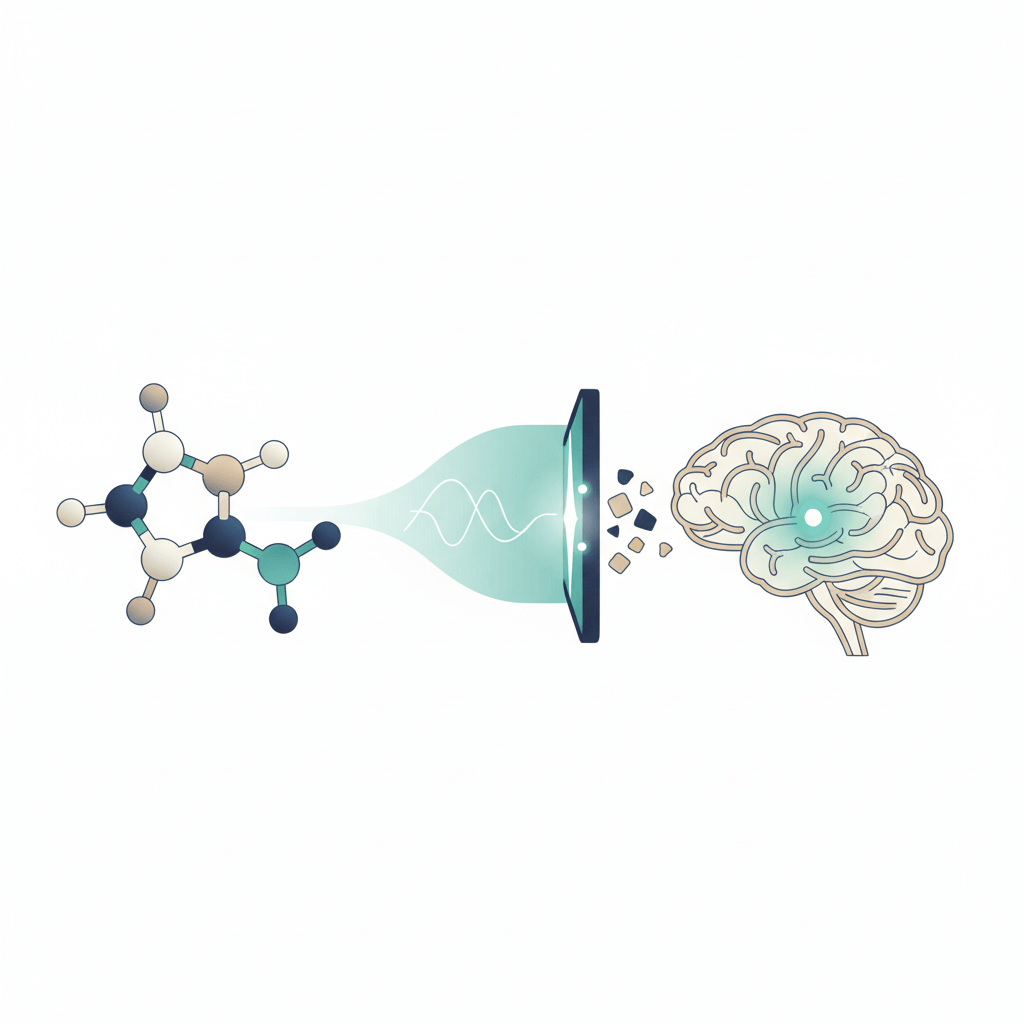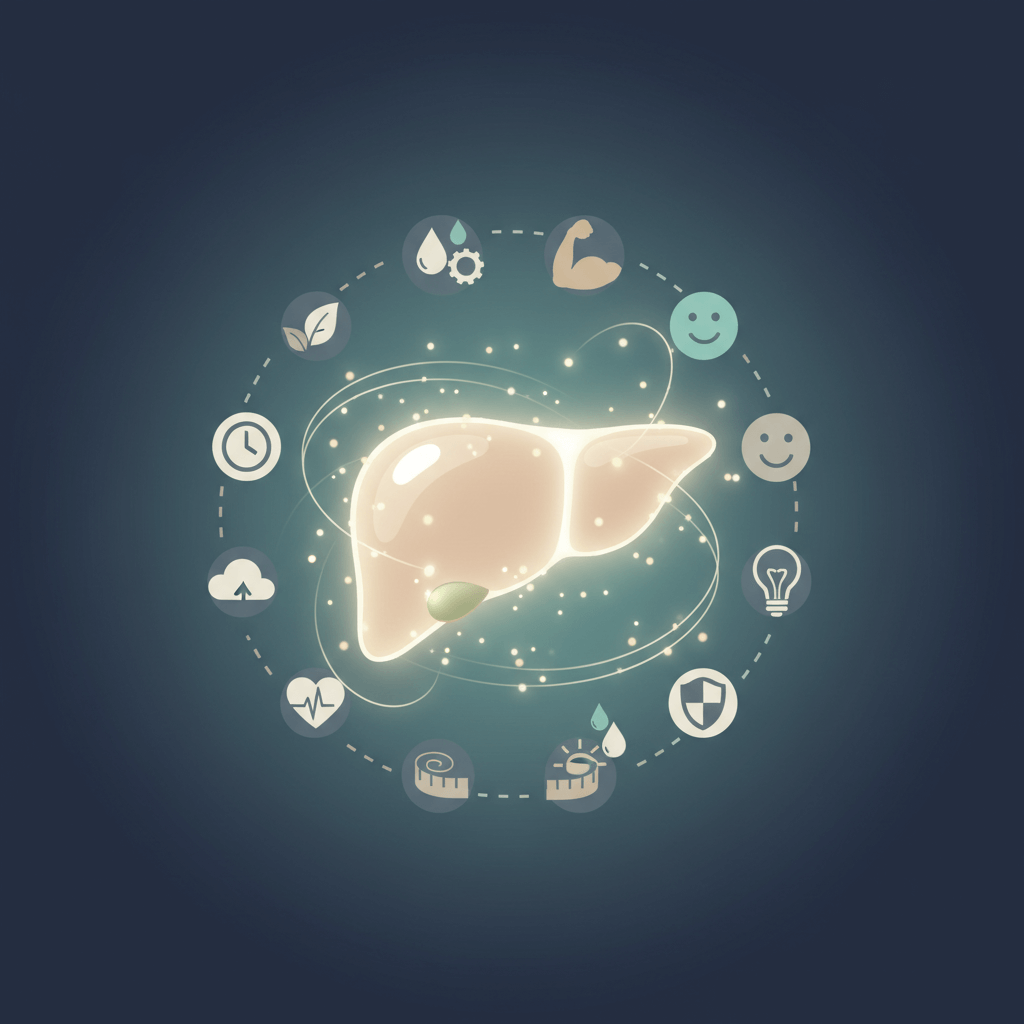The Power of Addiction Recovery Books
Addiction recovery books have the power to provide valuable support and guidance to individuals on their journey to recovery. These books offer a wealth of information, inspiration, and practical strategies for coping with addiction and maintaining sobriety. Let's explore two key aspects of the power of addiction recovery books: inspiration through personal stories and practical strategies for coping.
Inspiration Through Personal Stories
Reading personal stories of recovery can be incredibly inspiring and motivating for individuals facing addiction. These stories provide hope and serve as reminders that recovery is possible. They showcase the power of mental strength and determination, offering a glimpse into the transformative journeys of individuals who have overcome addiction.
By sharing their experiences, individuals in recovery offer a sense of connection and empathy. These stories highlight the challenges faced, the obstacles overcome, and the personal growth achieved. They demonstrate that no matter how difficult the journey may be, there is always hope for a brighter future.
Practical Strategies for Coping
In addition to personal stories, addiction recovery books also provide practical strategies and coping mechanisms. These books offer techniques and tools to help individuals navigate the challenges of recovery. They provide guidance on how to handle triggers, cravings, and stress, and offer structured methods for coping with day-to-day challenges.
By learning and implementing these strategies, individuals can develop effective skills for managing difficult emotions and thoughts. These books often provide insights into the science behind addiction and offer evidence-based approaches for maintaining sobriety. They equip readers with valuable knowledge and empower them to make positive changes in their lives.
Here are a few notable books on addiction recovery that offer both inspiration and practical strategies:
- The Addiction Recovery Workbook: Powerful Skills for Preventing Relapse Every Day: This workbook provides coping techniques and actionable strategies for success in recovery, despite triggers, stressors, and daily challenges. It offers practical exercises and tools to help individuals stay on track and prevent relapse.
- The Unexpected Joy of Being Sober: This book explores the role of alcohol in our world and provides insights from neuroscientists and psychologists about why we drink. It illustrates how a sober life can be fulfilling and intoxicating, offering a fresh perspective on the joys of sobriety [1].
- Between Breaths: A Memoir of Panic and Addiction by Elizabeth Vargas: In this memoir, Elizabeth Vargas shares her personal story of anxiety and alcohol use disorder. She reveals her journey from denial to rehab and sobriety, offering a raw and honest account of her struggles and ultimate triumph.
By exploring these books and others like them, individuals can find inspiration, practical advice, and a sense of connection on their path to recovery. These books can serve as valuable resources, complementing other aspects of the recovery journey such as spirituality, peer support, and supporting loved ones.
Emotional Healing and Connection
In the realm of addiction recovery, addiction recovery books have the power to provide emotional healing and foster a sense of connection. Through the power of storytelling, these books can evoke empathy, compassion, and promote self-reflection.
Evoking Empathy and Compassion
Literature plays a significant role in emotional healing by allowing readers to connect deeply with characters and situations. By immersing oneself in the stories and experiences of others, readers can develop a sense of empathy and compassion, validating their own feelings and experiences. This sense of connection can provide a powerful source of comfort and a feeling of belonging.
When reading addiction recovery books, individuals may find solace in knowing that they are not alone in their struggles. Witnessing the journeys of others who have faced similar challenges can inspire hope and serve as a reminder that recovery is possible. These stories can offer a glimmer of light during difficult times, fostering a sense of understanding and support among readers.
Promoting Self-Reflection
Reading addiction recovery books encourages self-reflection and self-awareness. By analyzing the thoughts, feelings, and behaviors of the characters in these stories, individuals can reflect on their own experiences without judgment. This process of introspection allows individuals to identify personal patterns, triggers, and areas for growth.
Through self-reflection, readers can gain a deeper understanding of themselves and their journey towards recovery. They can explore the factors that led to their addiction, confront unresolved emotions, and gain insights into the changes they need to make in their lives. Addiction recovery books provide an opportunity for introspection and personal growth, empowering individuals to take ownership of their recovery journey.
By engaging with narratives that highlight strengths and capabilities, individuals can actively reflect on their personal and social identities. These stories motivate change and inspire individuals to examine their own lives, behaviors, and aspirations. The transformative power of storytelling lies in its ability to reshape identities and guide individuals towards positive growth.
Incorporating storytelling into the recovery process can be particularly impactful for marginalized communities. By addressing hidden or threatening topics within oral traditions, stories can deliver messages of risk reduction and health promotion. They provide a safe space for individuals to engage with sensitive topics and encourage positive change.
In summary, addiction recovery books have the power to evoke empathy, compassion, and promote self-reflection. Through the exploration of characters and their experiences, readers can develop a deeper understanding of themselves and their own recovery journeys. These books provide a source of emotional healing and connection, offering comfort and inspiration along the path to recovery.
Notable Books on Addiction Recovery
When it comes to addiction recovery, books can be a valuable resource for individuals seeking inspiration, guidance, and practical strategies. Here are three notable books that have made an impact in the field of addiction recovery.
The Addiction Recovery Workbook
"The Addiction Recovery Workbook: Powerful Skills for Preventing Relapse Every Day" provides coping techniques and actionable strategies to succeed in recovery, despite triggers, stressors, and daily challenges. Written by an experienced addiction recovery expert, this workbook offers a comprehensive approach to help individuals navigate the complexities of maintaining sobriety.
The workbook combines evidence-based practices with exercises and worksheets to assist readers in developing essential skills for long-term recovery. It covers various aspects, including relapse prevention techniques, stress management strategies, and building a support network. By actively engaging with the exercises, readers can enhance their self-awareness, strengthen their coping skills, and stay on the path to recovery.
The Unexpected Joy of Being Sober
"The Unexpected Joy of Being Sober" explores the role of alcohol in our world and provides insights from neuroscientists and psychologists about why we drink. This book challenges societal norms and perceptions surrounding alcohol, while also offering a fresh perspective on the joys and benefits of living a sober life [1]. The author shares personal experiences and anecdotes, making it relatable for those in recovery or contemplating a sober lifestyle.
By combining scientific research and personal narratives, this book encourages readers to reconsider their relationship with alcohol and embrace the unexpected joy that sobriety can bring. It offers practical advice, tips for navigating social situations, and guidance for finding fulfillment without the need for alcohol.
Between Breaths: A Memoir
"Between Breaths: A Memoir of Panic and Addiction" by Elizabeth Vargas is a powerful memoir that delves into the author's struggle with anxiety and alcohol use disorder. Elizabeth Vargas, a renowned television journalist, candidly shares her journey from denial to rehab and sobriety. Her story highlights the challenges faced by individuals battling addiction and mental health issues, providing a relatable narrative for many readers.
Through her personal experiences, Vargas sheds light on the complexities of addiction, the impact on relationships, and the path to recovery. This memoir aims to inspire and offer hope, showing that recovery is possible even in the face of adversity.
These notable books on addiction recovery provide valuable insights, personal stories, and practical strategies for individuals on their recovery journey. By exploring different perspectives and experiences, readers can find inspiration, support, and guidance as they navigate the path to sobriety. For more resources on addiction recovery, consider exploring addiction recovery conferences, self-care in recovery, and supporting loved ones in recovery.
Integrative Recovery Approaches
In addiction recovery, various therapeutic approaches are utilized to support individuals on their journey towards sobriety. Two commonly used approaches are Cognitive-Behavioral Therapy (CBT) and Dialectical Behavior Therapy (DBT).
Cognitive-Behavioral Therapy (CBT)
Cognitive-Behavioral Therapy (CBT) is a conversational approach involving structured one-on-one sessions with a mental health counselor. The goal of CBT is to reshape negative thoughts and beliefs, empowering individuals in recovery to meet life's challenges.
CBT is effective for treating both mental disorders and addiction, either alone or in combination with other therapies. It helps individuals identify and change unhealthy thought patterns and behaviors that contribute to substance misuse. By addressing underlying cognitive distortions, CBT equips individuals with practical strategies to manage triggers, cope with cravings, and prevent relapse.
Dialectical Behavior Therapy (DBT)
Dialectical Behavior Therapy (DBT) is a type of CBT that focuses on behavioral skill development. It was initially developed to treat individuals with borderline personality disorder, but it has also shown success in treating addiction and various mental health diagnoses.
DBT incorporates mindfulness techniques, emotion regulation, distress tolerance, and interpersonal effectiveness skills. By learning these skills, individuals in recovery can effectively manage emotions, improve relationships, resolve conflicts, and handle stress. DBT emphasizes acceptance and validation, providing individuals with the tools to navigate challenging situations without turning to substance use.
When seeking addiction recovery, individuals may benefit from a combination of therapeutic approaches tailored to their specific needs. CBT and DBT are just two examples of the integrative recovery approaches available. Other methods, such as experiential therapy and Eye Movement Desensitization and Reprocessing (EMDR), may also be utilized to address trauma and emotional distress.
By combining evidence-based therapies with other supportive strategies, individuals in recovery can develop the necessary skills and resilience to maintain long-term sobriety. It's important to work closely with a qualified addiction professional to determine the most effective approach for each individual's unique circumstances.
For more information on addiction recovery and other related topics, explore our articles on spirituality in addiction recovery, peer support in recovery, and supporting loved ones in recovery.
Stories of Recovery
In the journey of addiction recovery, stories of individuals who have overcome addiction can be incredibly powerful and impactful. These stories have the potential to inspire, motivate, and provide hope to others facing similar challenges. Let's explore the transformative power of storytelling and how it empowers change through narratives.
Transformative Power of Storytelling
Research studies have shown that personal and community-based stories play a crucial role in the recovery processes of mutual help groups, such as Alcoholics Anonymous (AA) groups. These stories have a profound impact on identity reconstruction and behavior change, emphasizing the transformative power of storytelling [3]. When individuals listen to or share their personal experiences, it helps them reflect on their own journey, find relatability, and gain insights into their own strengths and capabilities.
Storytelling offers a gateway to health intervention efforts, particularly when working with marginalized communities. It allows for risk reduction and health promotion messages to be incorporated within oral traditions, addressing topics that are often hidden or threatening. This approach helps to create a safe and inclusive space for individuals to share their experiences and seek support.
Empowering Change Through Narratives
Personal stories of recovery have the power to empower individuals on their own recovery journey. By reading these narratives, individuals facing addiction can find hope, strength, and determination. Stories serve as reminders that recovery is possible, even in the face of adversity.
Reading about the experiences of others who have successfully overcome addiction can provide a sense of inspiration and motivation. These stories demonstrate the power of resilience, mental strength, and the transformative impact of seeking help and support.
By sharing personal stories, individuals contribute to reducing stigma and creating a supportive community. Narratives based on strengths and capabilities encourage positive development and self-reflection on personal and social identity. They motivate change and inspire individuals to take steps towards their own recovery journey.
When selecting addiction recovery books, it's important to choose those that resonate with your own experiences and offer insights that align with your personal journey. These stories can provide comfort, guidance, and encouragement, reminding you that you are not alone in your struggles.
Some notable books on addiction recovery that offer personal stories of triumph include:
- The Addiction Recovery Workbook
- The Unexpected Joy of Being Sober
- Between Breaths: A Memoir
By exploring these narratives, you can find inspiration, guidance, and encouragement in your own addiction recovery journey.
In addition to personal stories, there are various approaches and therapies that can support addiction recovery. Two notable examples are Cognitive-Behavioral Therapy (CBT) and Dialectical Behavior Therapy (DBT). These integrative recovery approaches focus on addressing the underlying thoughts, emotions, and behaviors associated with addiction. To learn more about these approaches, continue reading in the section on Integrative Recovery Approaches.
Continuing Care in Recovery
In the journey towards addiction recovery, continuing care plays a crucial role in providing ongoing and long-term support for individuals struggling with addiction. It offers a comprehensive and structured approach that encompasses physical, psychological, emotional, and spiritual aspects of recovery [5].
Outpatient Continuing Care Centers
Outpatient continuing care centers serve as safe havens for individuals seeking ongoing support in their recovery journey. These centers provide personalized care and evidence-based treatment interventions tailored to the unique needs of each individual. The goal is to foster lasting recovery and minimize the risk of relapse.
At outpatient continuing care centers, individuals have access to a range of services and resources. These may include:
- Personalized treatment plans: Each individual receives a treatment plan tailored to their specific needs and circumstances. This ensures that the care provided addresses their unique challenges and supports their recovery goals.
- Therapy sessions: Therapy plays a crucial role in outpatient continuing care. Individuals may participate in individual therapy, group therapy, or a combination of both. Therapy sessions provide a safe and supportive environment for individuals to explore underlying issues, develop coping skills, and maintain their commitment to sobriety.
- Support groups: Being part of a supportive community is essential in recovery. Outpatient continuing care centers often facilitate support groups where individuals can connect with peers who are on a similar journey. These groups offer a sense of community, understanding, and solidarity, fostering a supportive network that can be instrumental in maintaining sobriety and promoting long-term recovery.
- Psychotherapeutic approaches: Various evidence-based psychotherapeutic approaches may be utilized in outpatient continuing care centers. These approaches may include cognitive-behavioral therapy (CBT), motivational enhancement therapy (MET), and other modalities. These therapeutic interventions help individuals develop necessary skills and coping mechanisms for sobriety.
The integration of pharmacological therapy with psychosocial rehabilitation is often part of the comprehensive approach in outpatient continuing care centers. This integrated approach addresses the physical, emotional, and spiritual dimensions of addiction, enhancing treatment outcomes. It combines the use of medications, when appropriate, with therapy and support services to ensure a holistic recovery experience.
Integration of Pharmacological Therapy
Pharmacological therapy, when integrated into the overall treatment plan, can significantly enhance recovery outcomes. Medications may be used to address specific aspects of addiction, such as managing withdrawal symptoms, reducing cravings, or preventing relapse.
The integration of pharmacological therapy with psychosocial rehabilitation aims to provide a comprehensive approach to addiction recovery. It recognizes that addiction is a complex condition that affects multiple dimensions of a person's life. By addressing the physical, emotional, and spiritual aspects of addiction, individuals can develop the necessary skills and coping mechanisms to achieve and maintain sobriety.
It is important to note that the use of medications in addiction recovery should always be done under the guidance of a qualified healthcare professional. The specific medications used and the duration of treatment will depend on the individual's unique needs and circumstances.
In conclusion, continuing care in recovery is essential for individuals seeking to maintain their sobriety and achieve long-term recovery. Outpatient continuing care centers provide a range of services and support that address the diverse needs of individuals grappling with addiction. The integration of pharmacological therapy, when appropriate, can further enhance treatment outcomes. Through personalized care, therapy sessions, support groups, and the integration of pharmacological therapy, individuals have the opportunity to build a strong foundation for lasting recovery.













